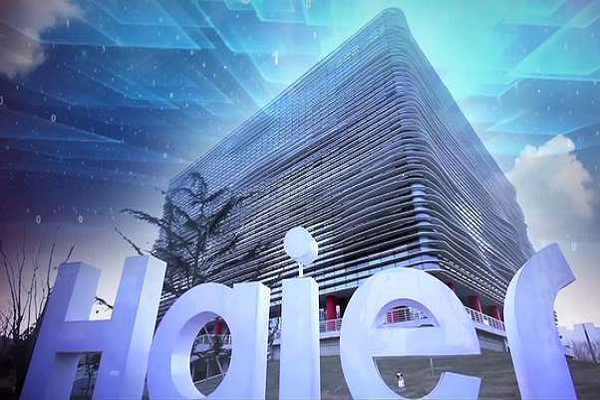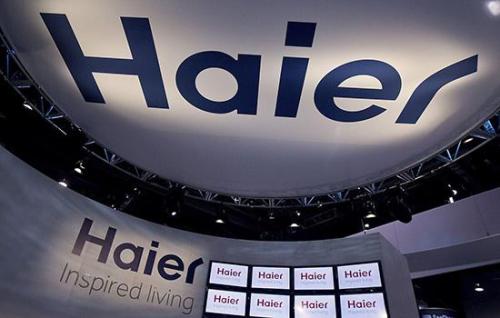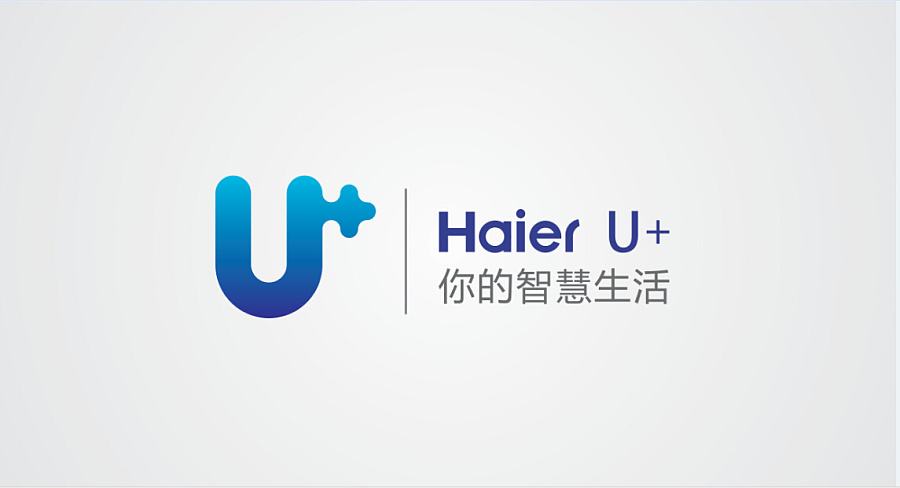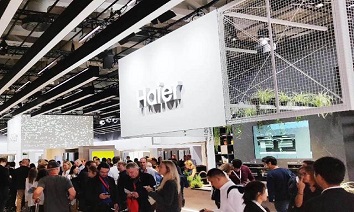On September 22, Haier' s Eoroom Intelligence responded to the GEM listing inquiry letter, which is another step forward from the listing.
According to industry insiders, generally speaking, an official review "inquiry" is a process that a company must go through before going public. If one step is relatively smooth, the company is likely to be "released" by the China Securities Regulatory Commission, that is, approval to go public.
According to the data, the predecessor of Eoroom Intelligent is Qingdao Haier Kitchen Facilities Co., Ltd., and the actual controller is Haier Group. The company' s products cover whole cabinets and ancillary products, customized furniture and ancillary products, etc., with brands such as "EOROOM", "Boloni" and "Haier".
From the timeline point of view, the road to the market of Eoroom Smart is fairly smooth. On May 24 this year, Eoroom Smart submitted a prospectus to the Shenzhen Stock Exchange' s Growth Enterprise Market, intending to sprint A-share listing. In less than a month, the Shenzhen Stock Exchange issued an audit inquiry letter to it on June 21.
According to the content of the inquiry letter, the Shenzhen Stock Exchange started inquiries with Eoroom Smart on 26 issues including asset restructuring, related transactions, gross profit margin, and capital flow verification.
Taking the gross profit margin as an example, the reported information shows that the company' s comprehensive gross profit margin from 2018 to 2020 is 37.06%, 32.64%, and 26.55%, and the main business gross profit margin is 37.18%, 32.15%, and 26.81%, respectively, showing a downward trend year by year .
In this regard, the Shenzhen Stock Exchange requires the company to combine the development of the real estate market and the changes in the company' s bulk business proportion, supplementary disclosure of whether the company's gross profit margin will continue to decline in the future, countermeasures and whether it has sustained profitability. At the same time, the Shenzhen Stock Exchange also required it to explain the company' s sales of various business models, as well as the specific reasons and rationality of the difference in gross profit margin.
When it comes to bulk business, Eoroom Smart has been overly dependent on this part of the business in recent years. According to the financial report, from 2018 to 2020, the proportion of housing smart bulk business revenue was 24.3%, 43.31% and 52.13%, respectively. From less than 30% in 2018, it gradually increased to about 50% last year. Bulk business revenue accounted for the total proportion of income is constantly increasing.
In response, Eoroom Intelligent responded to the inquiry letter saying: "During the reporting period, the company' s bulk business continued to develop rapidly. At the same time, due to the impact of the 2020 epidemic, the company' s main business gross profit margin has been reduced year by year. In the future, the main business gross profit margin will not continue to drop significantly".
It is understood that the gross profit margins of the company' s bulk business model from 2018 to 2020 are 21.06%, 18.35% and 18.56%, respectively, and the gross profit margins of self-produced products under the bulk business model are 20.78%, 17.99% and 18.96%, respectively. It is not difficult to see that the gross profit margin of the company' s bulk business "dragged down" its overall profitability.
Not only that, looking at the industry, the gross profit margin of Eoroom Smart is also much lower than the average of its peers. In 2020, the average gross profit rate of the nine listed custom home furnishing companies is 35.89%, and that of Eoroom Home Furnishing is 26.55%, which is lower than the industry average 9 percentage points.
In the past few years, the bulk business has made a lot of contributions to the growth of Eoroom Smart' s performance. From 2018 to 2020, the company achieved revenues of 2.31 billion, 3.294 billion and 3.707 billion yuan, respectively, and net profit attributable to the parent company was 94 million yuan, 116 million yuan and 200 million yuan.
However, behind the glorious performance growth, the bulk business has also brought many hidden dangers to the smart house. The prospectus shows that from 2018 to 2020, the company' s total current liabilities will be 1.975 billion yuan, 2.595 billion yuan and 3.251 billion yuan, respectively, and the overall debt scale is increasing.
As of the end of 2020, the asset-liability ratio of Eoroom (parent company) was 50.48%, which was about 12 percentage points higher than the industry average of 38.58%, and the debt level was at the highest level in the industry.
Regarding the reason for the high debt, Eoroom Household explained that it is mainly because the company has been in the expansion stage in recent years, the demand for funds is large, and the company’ s financing channels are limited. Funds are obtained mainly through debt and endogenous development, resulting in the company’ s debt ratio on the high side.
This is not the most fundamental reason. From the perspective of the debt structure, Eoroom smart housing debt may be related to the bulk business.
Specifically, from 2018 to 2020, the amount of smart bills receivable from housing is 399 million yuan, 448 million yuan, and 640 million yuan; the book value of accounts receivable is 434 million yuan, 915 million yuan, and 967 million yuan, respectively. Accounts receivable and notes receivable are increasing year by year.
Eoroom Intelligent said that the continuous increase in bills and accounts receivable is mainly due to the continuous increase in the scale of bulk business income. In other words, helping Eoroom Smart' s large-scale business to a higher level also caused it to bear heavy debts.
In particular, in the context of tightening regulation in the upstream real estate industry, the hidden dangers of Eoroom Intelligence' s over-reliance on bulk businesses have also been exposed one after another.
According to reports, in the company' s major customer list pool, Eoroom Intelligent has experienced some overdue bills receivable from major customers. In terms of amount, overdue bills accounted for about 40% of the total bills receivable in 2020, accounting for about 7% of total revenue, and the amount of overdue bills also exceeded the total profit of last year.
The overdue bills of major customers obviously have a significant impact on the smart operation of Eoroom. At present, perhaps in order to reduce debt and enhance its ability to resist risks, Eoroom Smart chooses to go public to raise funds to tide over the difficulties, but the market will soon see whether it goes well in the end.
The source has been identified in this article. All copyrights belong to the original anthor. In case of infringement, please contact us.


























 沪公网安备31010402003309号
沪公网安备31010402003309号